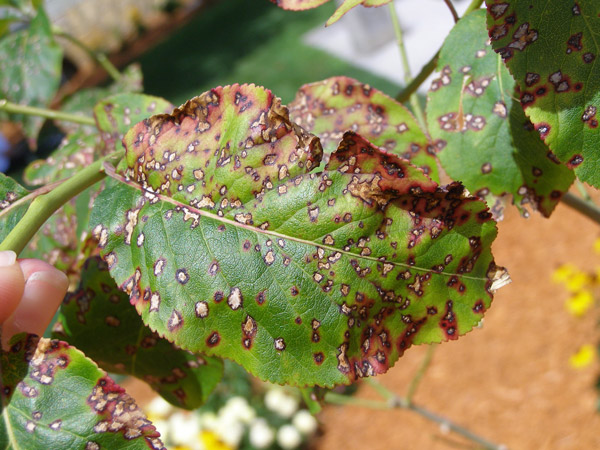



Article: Hari Yellina
Biosecurity Attempts to confine the plant fungus blueberry rust have been abandoned by Tasmanian authorities, who claim that “the benefits of containment no longer exceed the difficulties.” The fungus, which first made its way to the island state in 2014, can severely defoliate blueberry plants and even kill them occasionally. According to Biosecurity Tasmania, the fungus, which spreads by airborne spores, infected clothing, or equipment, is proving impossible to halt. Andrew Bishop, chief of plant protection, stated that the containment strategy used over the past few years “clearly isn’t working anymore.” It was always designed to attempt to slow the spread so that growers could adjust to management, and it has worked really well for the first few years, but last season we saw a larger number of infections incurring.”
Growers of organic blueberries in Tasmania are devastated. Their lucrative South Australian market, which demands produce to be from rust-free plants, will no longer be open to them. Kent Mainwaring, an organic blueberry farmer, is one of those who will lose a market that offered them a premium price. If we lost our organic classification, that would put us on the wrong side of the ledger, Mr. Mainwaring said. “It would make our operation here minimal since we do rely on reaching the peak in the market.” Along with the products from normal farming, organic blueberries will also be available in other markets. “The market in South Australia has always been quite robust for us… Price reductions will result from increased supply in the marketplaces of Melbourne, Sydney, and Brisbane.”
Depending on how many surplus blueberries particular markets can take in, the price decline may be significant. “We can always expect that blueberry consumption will rise annually as it has been, according to Mr. Mainwaring.” Peter Cornish, chief executive officer of Fruit Growers Tasmania, said it was time to concede defeat since the farms affected by blueberry rust were operating under harsh conditions that were hurting their businesses. He praised Biosecurity Tasmania and our growers, saying that they had put up a valiant effort to attempt to halt the spread of the disease. “We’ve had really favourable [conditions] for the spread of blueberry rust this past year,” Since moving here eight years ago, hundreds of plants and tens of thousands of dollars have been lost as part of an eradication plan, Biosecurity Tasmania.
By the middle of June 2016, it had been deemed a success, but a few months later, a second epidemic was discovered, necessitating the use of a containment strategy. Sprays for use by organic growers have been the subject of research and evaluation by the Tasmanian Institute of Agriculture. Although that research is nearing to a close and the results are encouraging, it will probably take some time before a product is ready for the market.